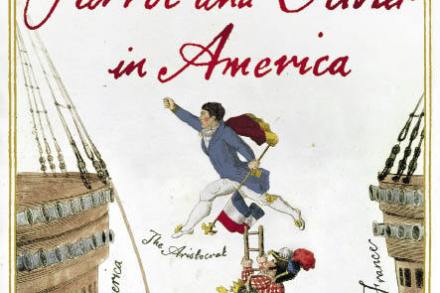The spaced-out years
Barry Miles came to London in the Sixties to escape the horsey torpor of the Cotswolds in which he grew up. Known at first only as ‘Miles’, he worked at Indica and Better Books and was soon helping to organise the Albert Hall reading of 1965 which is supposed to have changed British poetry for ever, though whether it did, or for the better, is debatable (Alan Ginsberg thought none of the British poets were worthy to read with him). He then moved into journalism on the International Times and wrote biographies of both Beats and Beatles, as well as Zappa and The Clash. He seems to have been present












